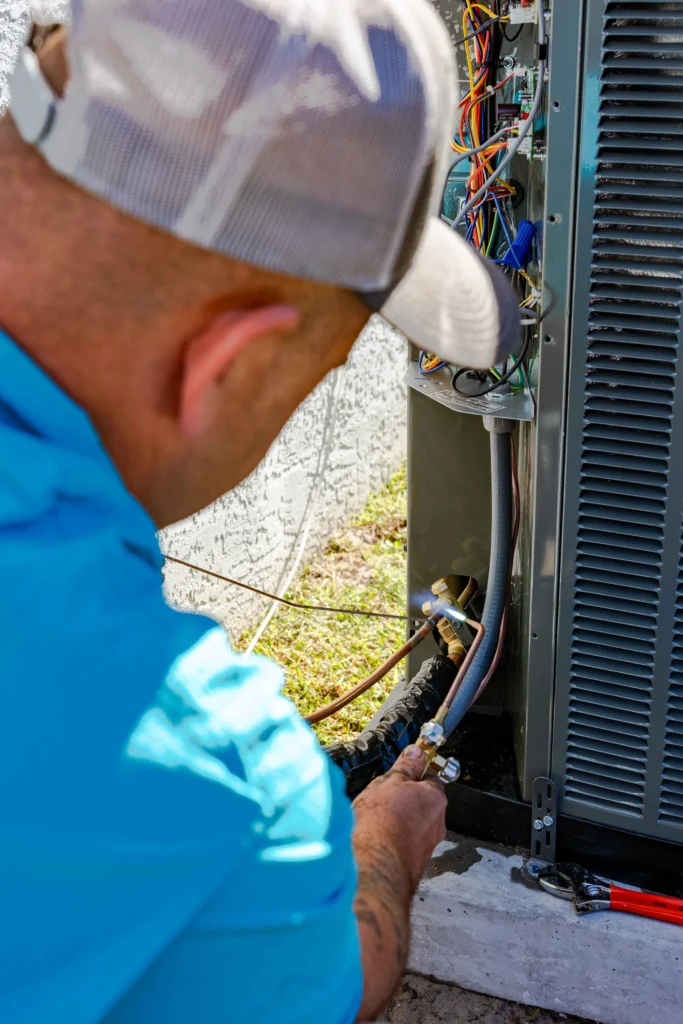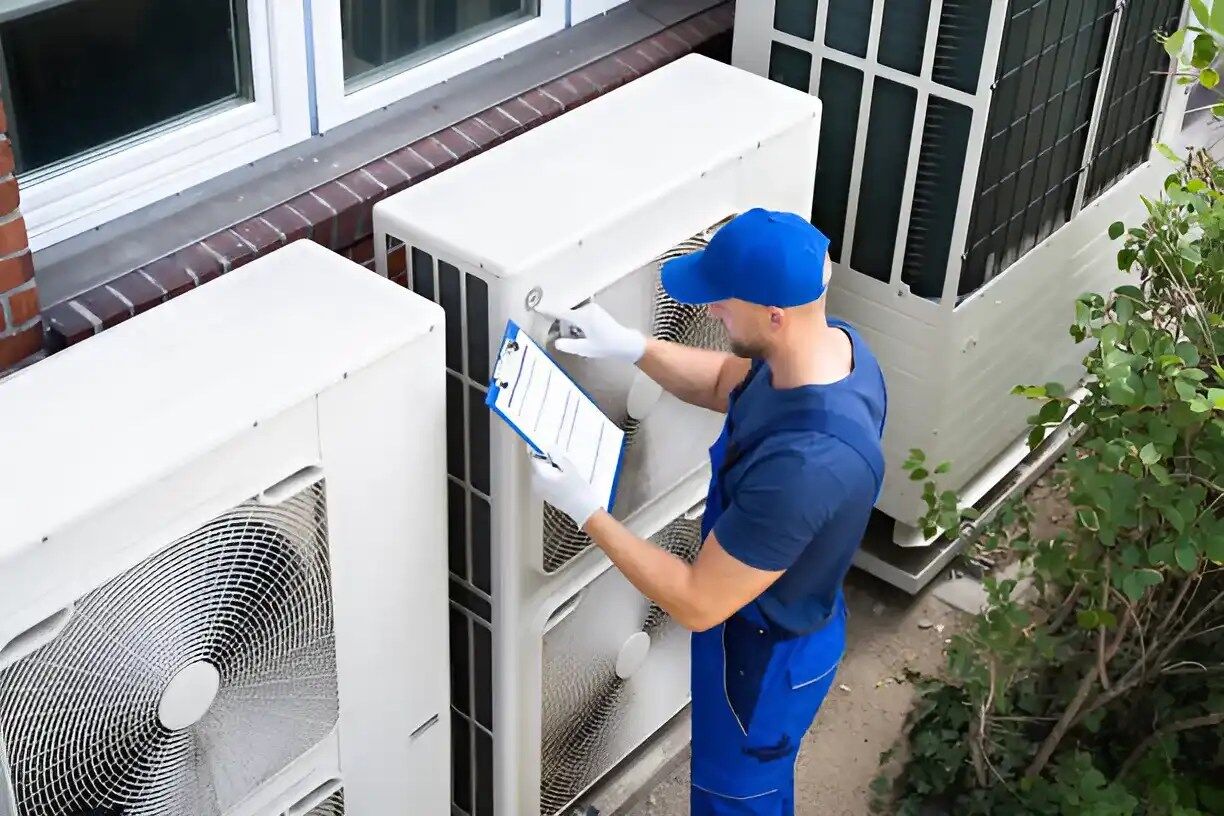Exactly How to Improve Energy Performance With Your Heating And Cooling System and Heating System Upgrades
As power prices continue to climb, the value of improving energy efficiency with Cooling and heating system and furnace upgrades can not be overstated. Examining your present system's performance and thinking about energy-efficient alternatives are essential initial steps.
Evaluate Your Existing System
Before embarking on any kind of upgrades, it is important to assess your present HVAC system and heater to understand their efficiency and efficiency. This initial assessment provides a structure for determining locations that need renovation and informs choices about prospective upgrades. Begin by examining the age of your cooling and heating system, as out-of-date versions may do not have modern-day energy-saving functions.

Energy intake records will additionally be crucial in assessing your system's functional prices. By analyzing energy bills, you can identify patterns of power use and determine spikes that necessitate additional investigation. Consider performing a specialist power audit to obtain a professional analysis of your system's efficiency. This thorough analysis will certainly lead you in making educated selections about needed upgrades, guaranteeing that your financial investments in power effectiveness produce the desired advantages.
Upgrade to Energy-Efficient Models
Upgrading to energy-efficient designs is a crucial action in enhancing the general efficiency of your heating and cooling system and heater. These modern systems are made to consume much less energy while supplying ideal heating and air conditioning, causing considerable price financial savings on utility bills and a lowered environmental footprint.
When considering an upgrade, try to find models that have high Seasonal Power Efficiency Ratios (SEER) for a/c and Yearly Gas Use Efficiency (AFUE) ratings for heating systems. These scores suggest the efficiency of the devices, with higher numbers reflecting far better performance. Energy-efficient versions commonly incorporate sophisticated innovations, such as variable-speed electric motors and clever thermostats, which further improve power cost savings.
Furthermore, several energy-efficient HVAC systems are outfitted with enhanced insulation and far better sealing, which lessen power loss and boost interior comfort. HVAC Farmington MO. While the first investment might be greater, the long-term financial savings on power costs and possible tax incentives for making use of energy-efficient devices can offset this cost considerably

Ultimately, updating to energy-efficient designs not only contributes to a much more lasting future yet additionally elevates the comfort and efficiency of your home or company.
Optimize System Setups
To make the most of useful source the effectiveness of your cooling and heating system and furnace, it is vital to maximize system setups customized to your details demands. Start by establishing your thermostat to an energy-efficient temperature level. The United State Division of Power advises a winter season setting of 68 ° F when you are awake and lowering it while you sleep or are away. In summer, go for 78 ° F during the day.
Make use of programmable or wise thermostats that enable you to arrange temperature adjustments automatically. This ensures your system runs just when essential, lowering power intake. Furthermore, make certain that your system is established to run in the appropriate mode-- heating in winter season and air conditioning in summer-- while avoiding the continuous follower choice unless required for air circulation.
Take into consideration zoning systems that make it possible for customized comfort in various areas of your home, better improving efficiency. By fine-tuning these setups, you can attain substantial energy savings while keeping a comfy living environment.
Improve Insulation and Sealing
A well-insulated home is vital to optimizing the efficiency of your Heating and cooling system and heater. Appropriate insulation lowers the workload on these systems, consequently preserving energy and lowering energy costs.
In addition to insulation, sealing voids and cracks is vital. Pay unique attention to windows, doors, and any type of infiltrations in walls, such as electric outlets and pipes components. Weatherstripping and caulking can properly secure these openings, preventing drafts that compromise your a/c performance.
In addition, ensure that ducts are important site effectively protected and sealed. Dripping ducts can bring about substantial energy losses, minimizing system performance. Making use of mastic sealer or metal tape to secure air duct joints can improve airflow and performance.
Set Up Regular Upkeep
Regular maintenance of your Cooling and heating system and heater is important for guaranteeing ideal performance and longevity. During maintenance, a qualified technician will cleanse and change filters, check cooling agent degrees, check ductwork for leaks, and assess overall system operation.
It is advised to set up upkeep a minimum of two times a year-- when in the spring for the cooling system and once in the succumb to the home heating system. residential hvac company. Routine maintenance helps maintain regular interior temperatures, guaranteeing comfort throughout the year. In addition, a properly maintained system operates much more efficiently, which can lead to recognizable decreases in power expenses
Neglecting upkeep can lead to decreased performance, boosted wear and tear, and inevitably, system failing. By prioritizing normal service, homeowners can stay clear of unforeseen breakdowns and guarantee their heating and cooling system and this post heater operate at peak efficiency. Purchasing maintenance is a critical action in enhancing power efficiency and producing a more lasting home environment.
Final Thought
In conclusion, boosting energy effectiveness within HVAC systems and heating system upgrades is essential for lowering energy intake and improving general convenience. A methodical strategy that includes examining the current system, spending in energy-efficient versions, enhancing setups, improving insulation, and scheduling normal maintenance can cause substantial benefits. Carrying out these strategies not only lowers power expenses but likewise adds to a more sustainable setting, making it vital for home owners to prioritize these upgrades.